One of the greatest opportunities for revenue enhancement in the hospitality industry lies with our ability to break through some of the paradigms that drive our decision-making process. So many times, our strategies and tactics are determined by doing things the way we’ve always done them, rather than asking ourselves WHY we are doing them that way.
For example, how do you decide when to discount your prices when selling to Groups?
Let’s agree that there are certain considerations that you must always review:
- arrival/departure pattern
- seasonality
- size of group
- associated incremental revenues, i.e. food & beverage, spa, etc.
Have you considered your own projected occupancy as well as that of the marketplace or at least your competitive set when reviewing Group opportunities? Let’s drill down with an example:
A major-branded hotel in a major US city traditionally discounts Group business anywhere from 10-15% in order to be competitive in its marketplace when bidding on such business. In other words, the competition discounts, therefore we discount. While this is taking place, that same marketplace/competitive set is running anywhere from 80-95% occupancy for each night of the Group’s proposed business. When we look at the detail of the nights in question, it becomes apparent that the same guestrooms that we will sell to the Group at their 10-15% discount would likely otherwise be sold to Transient customers at a higher retail rate.
So, the question that begs to be answered is: ‘Why are we discounting in order to bid on this Group?’ If the answer is ‘because there is so much incremental banquet food & beverage revenue’ or ‘because we’ve been chasing this account for months and months and they are finally going to give us as try,’ congratulations, you’re making the right decision! If the answer is ‘because we have to discount in order to be competitive,’ you are running the risk of displacing revenue simply because you choose to make the same strategic mistake that your competitors are making.
Here’s the bigger point; the strategy behind how we price our hotels in all market segments (Transient, Group, Base, etc., etc.) is exactly that, a strategy. If we oversimplify the strategic planning portion of our pricing strategy, we put at risk our ability to grow market share to its fullest potential. If we make our pricing decisions based on the pricing decisions of our competition, how do we know that they are correct? Or if we make these pricing decisions the way we’ve always made them, how will we ever test--and prove--that we can achieve our true revenue potential?
Pricing strategy requires detailed and mindful research and analysis, taking into account all of the factors and intelligence that are available to us in each distinct scenario. Only then, can you truly be sure that you’re maximizing your efforts to steal market share and revenue.
The primary takeaway is this: the process by which we analyze revenue opportunities should always be as dynamic as the marketplaces themselves in which we operate.
Next time, we’ll talk further about specific ways to look differently at how to win the revenue enhancement game.
